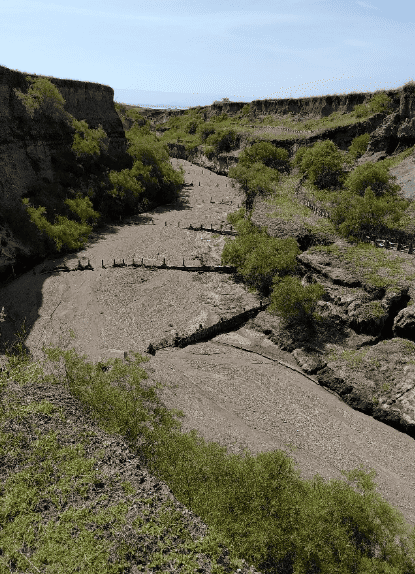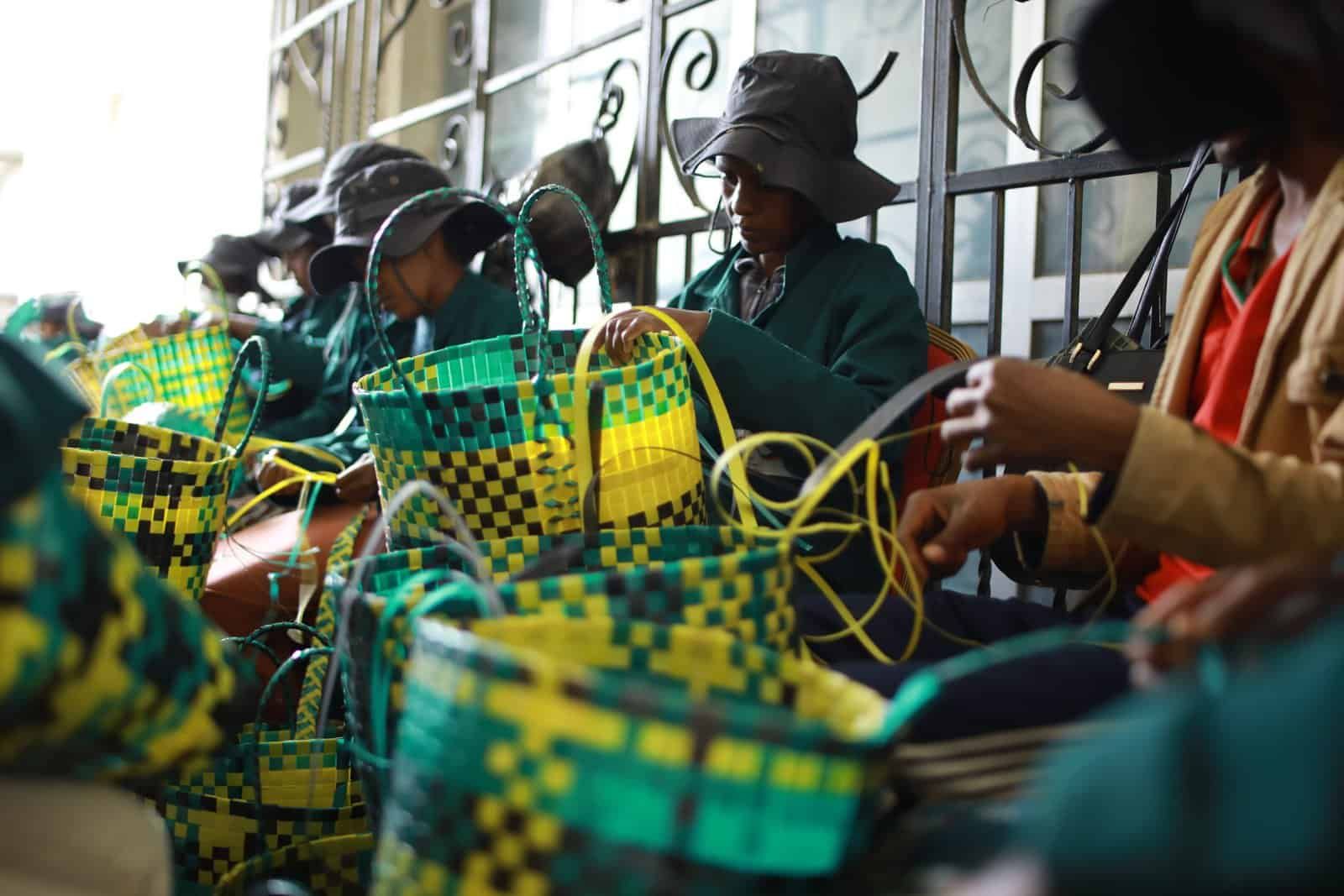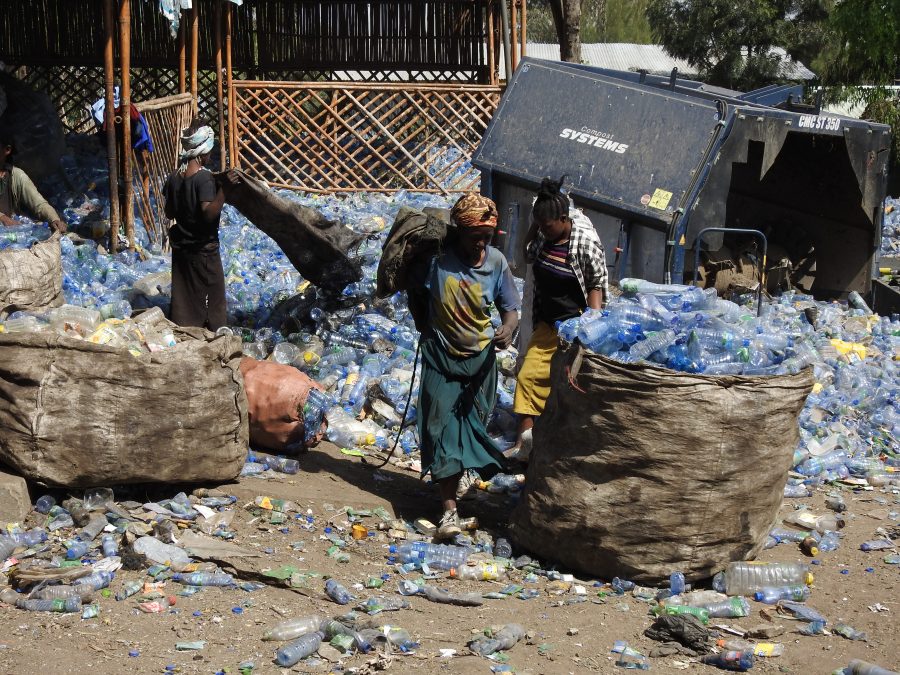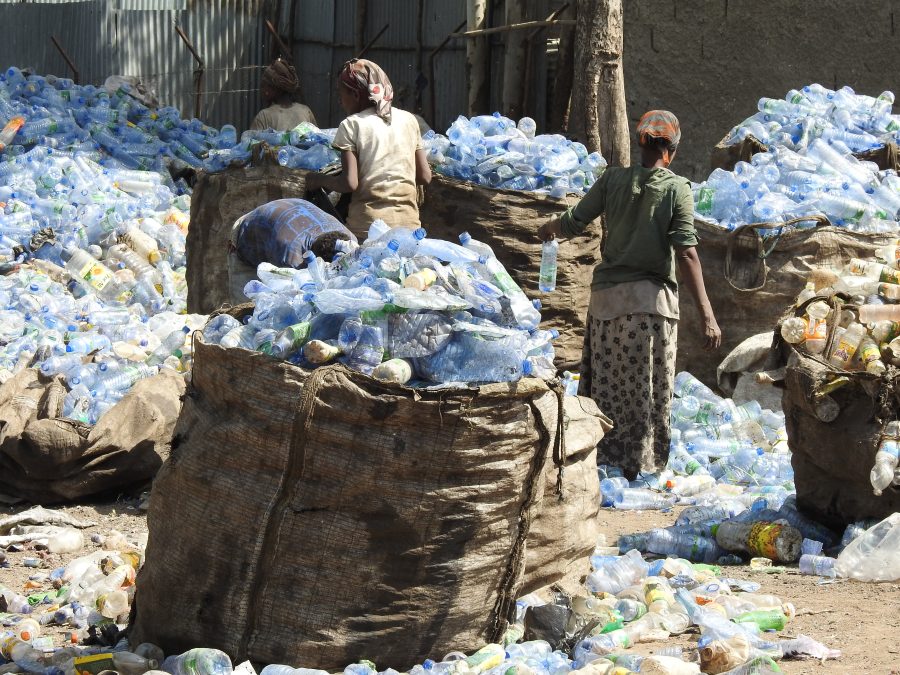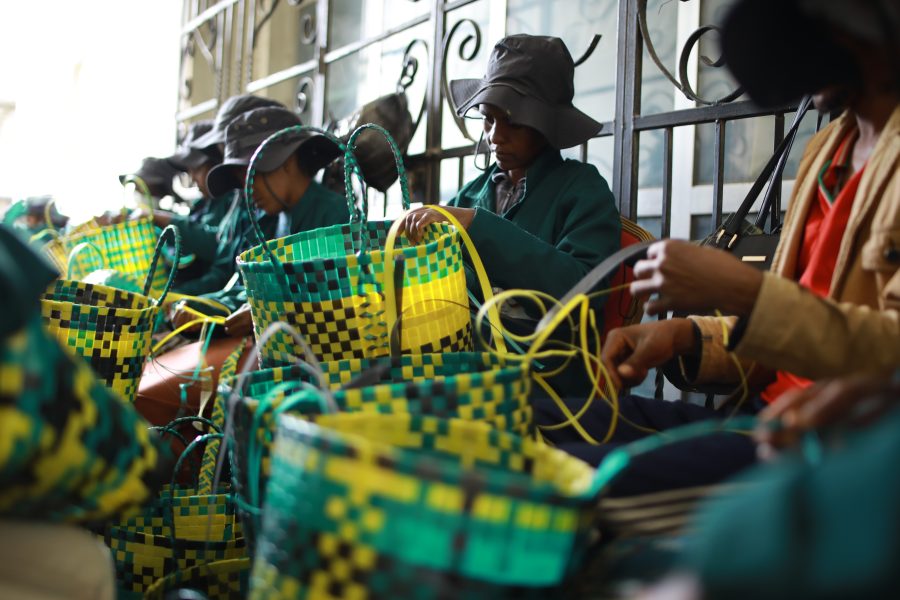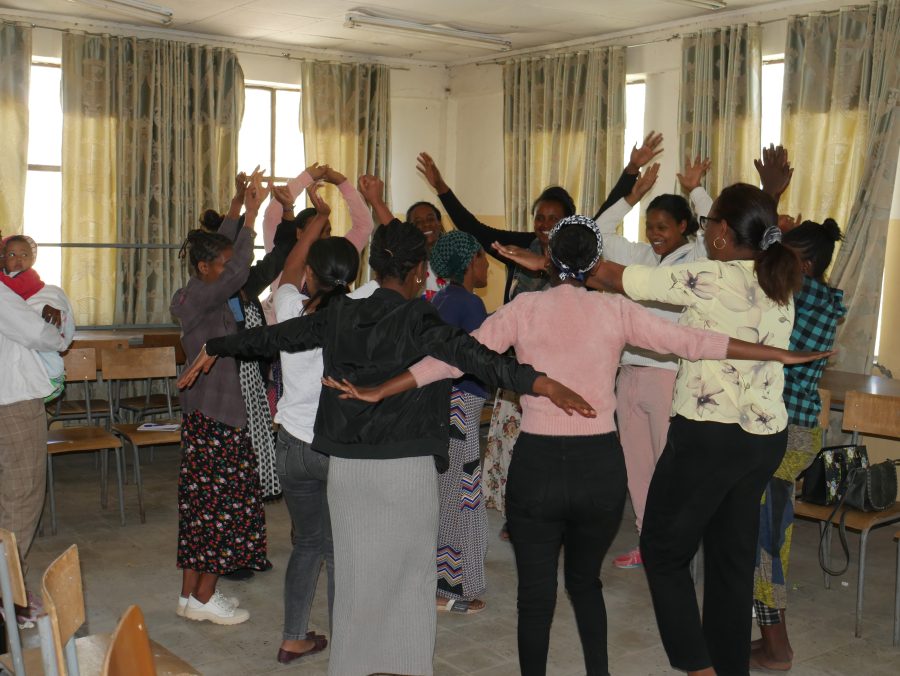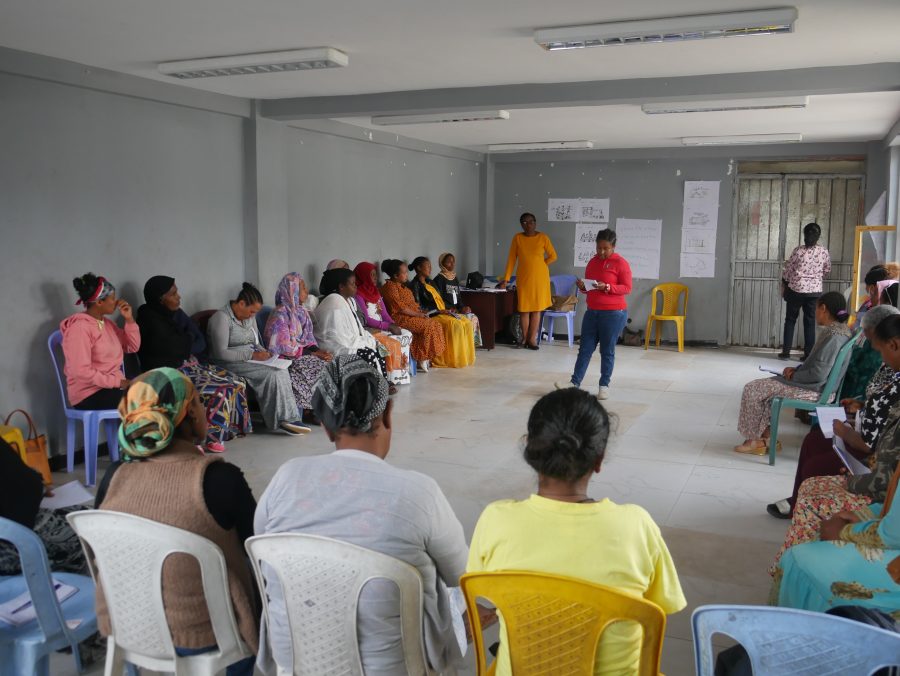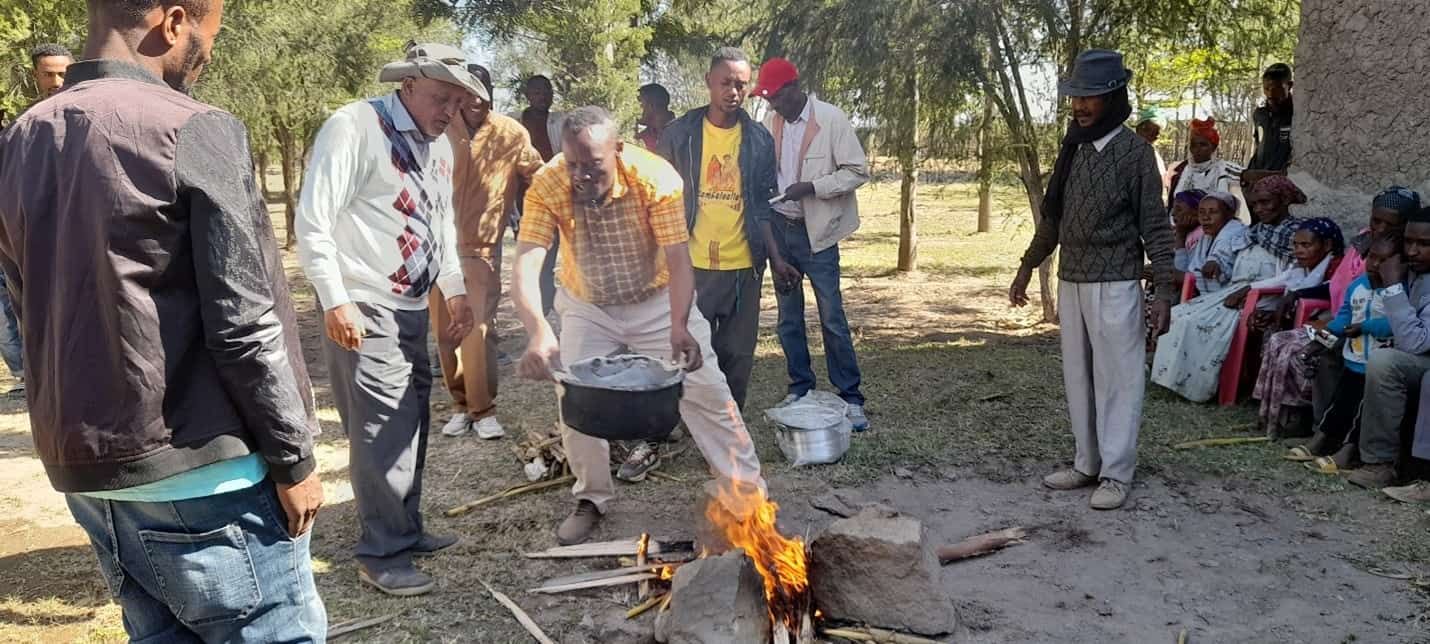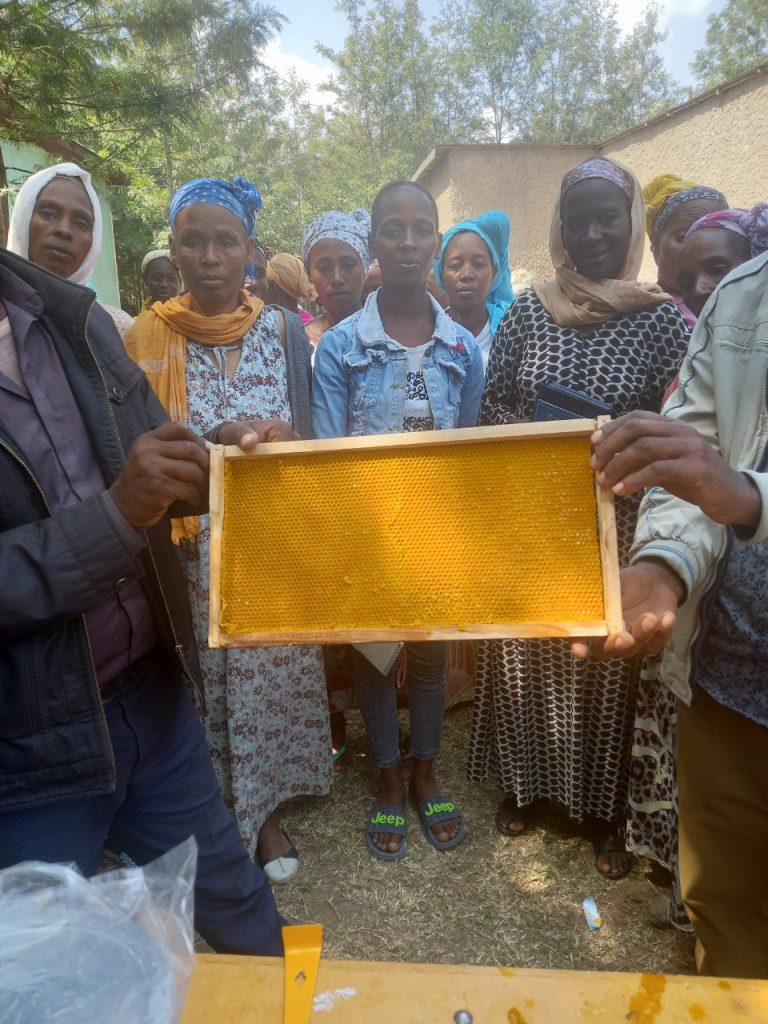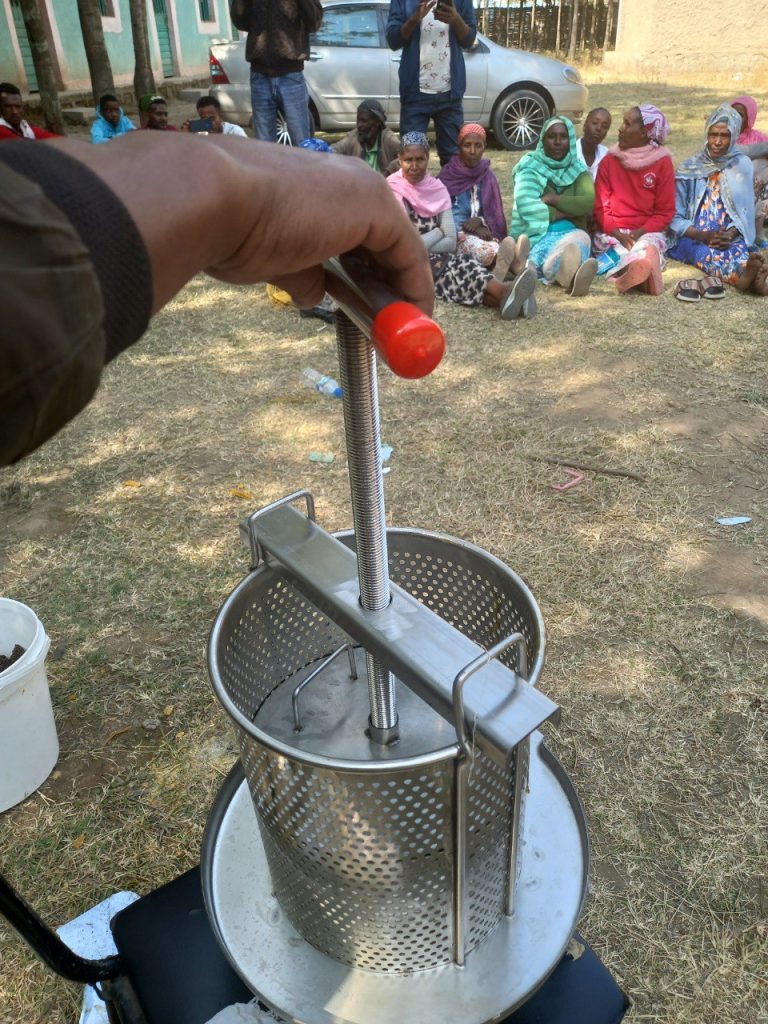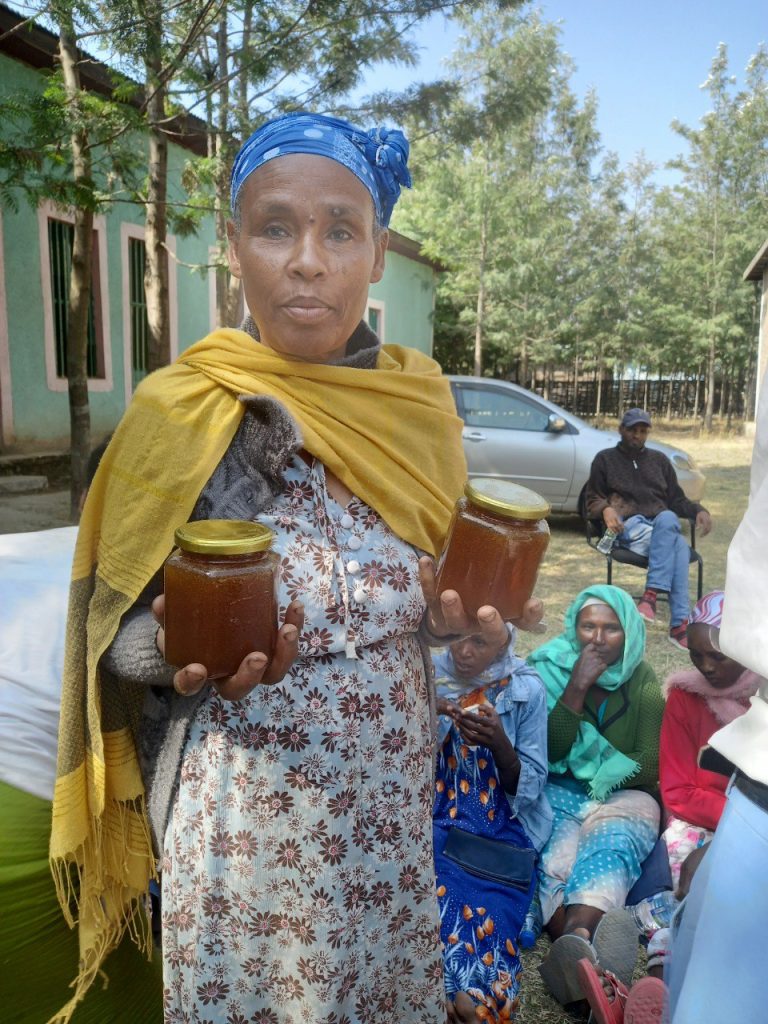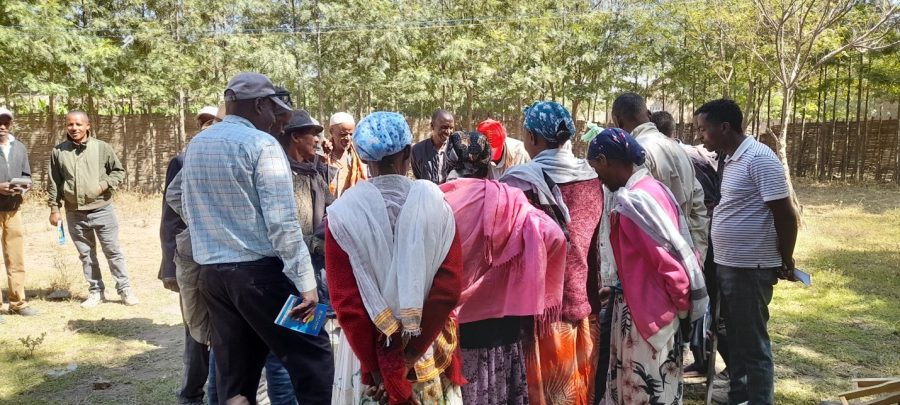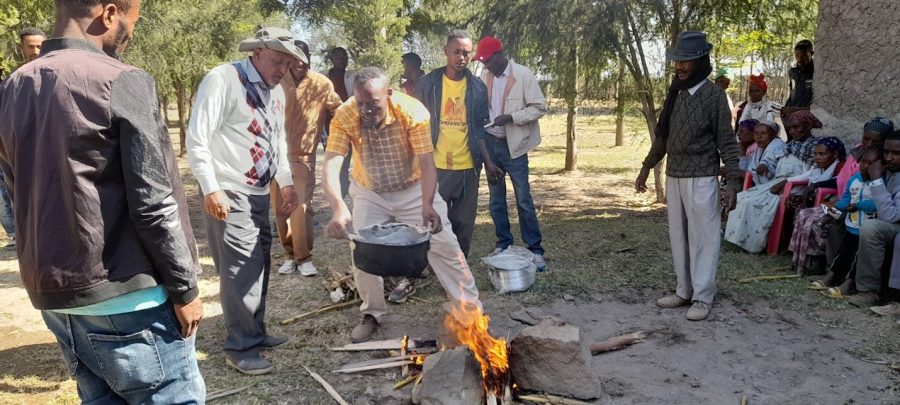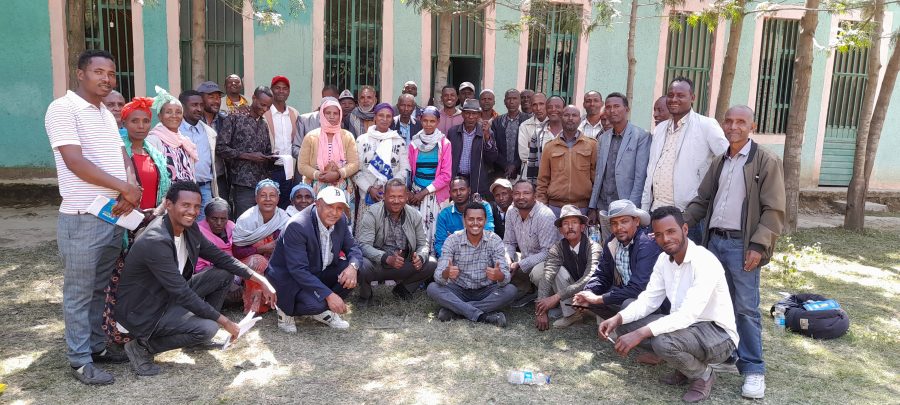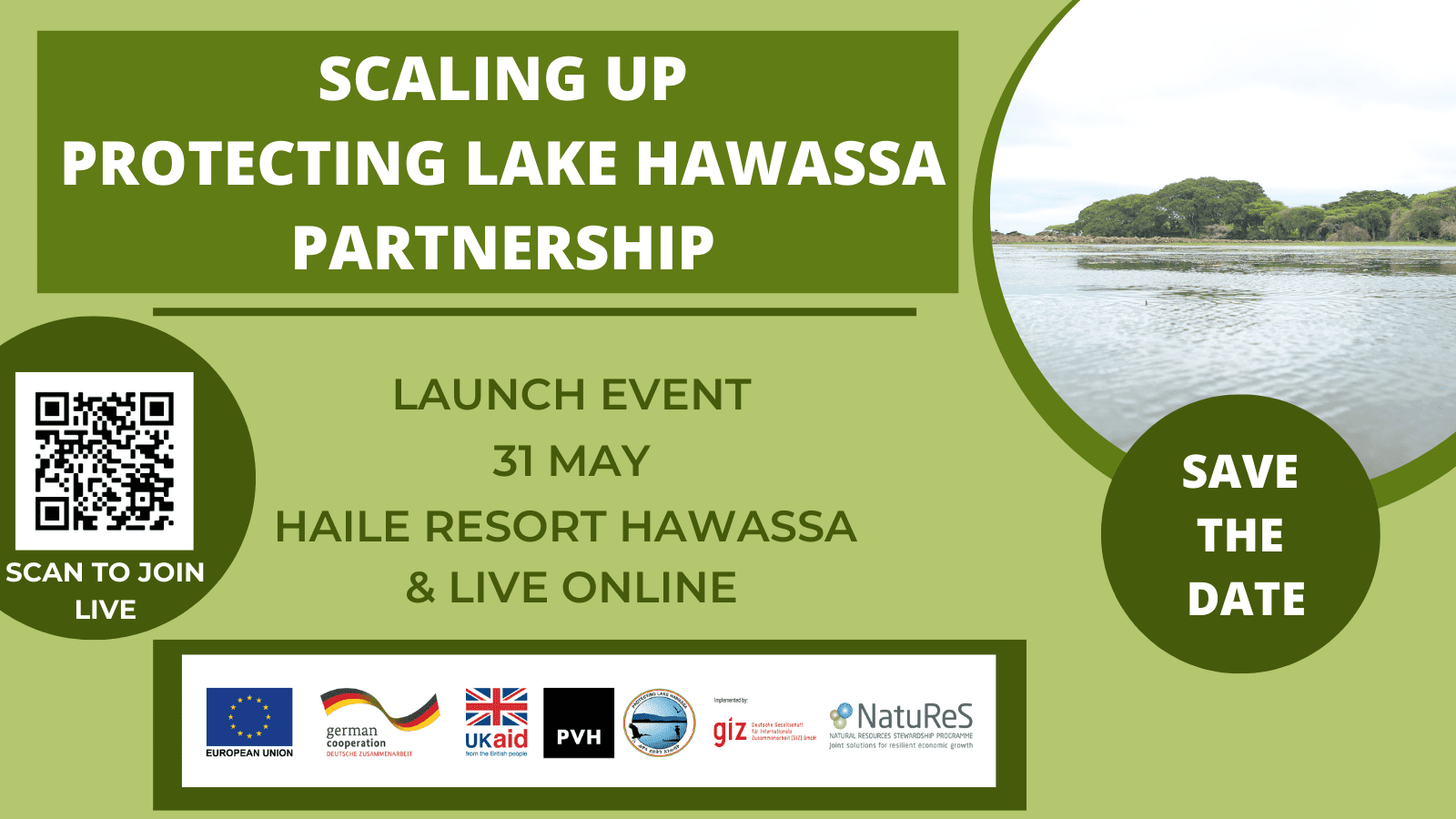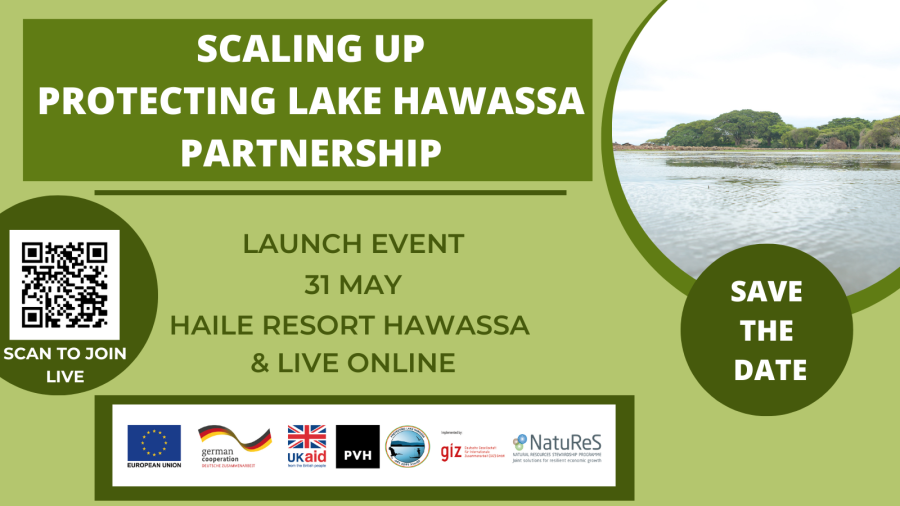Reviving Lake Hawassa’s Ecosystem: The Partnership’s Efforts to Combat Land Degradation
The Threat to Lake Hawassa’s Ecosystem
Ethiopian Lake Hawassa is a beautiful body of water surrounded by lush vegetation and wildlife. The lake serves as a critical source of livelihood for local communities, providing fish, irrigation water, and employment in tourisms for the surrounding areas. Unfortunately, the ecosystem of the lake has been under threat for years due to increased sedimentation, nutrient pollution, and waste accumulation.
Protecting the ecosystem of Lake Hawassa requires collective action from different sectors. One major activity of the Protecting Lake Hawassa Partnership is planting trees to reduce soil erosion and restore the ecosystems in the catchment. Currently, 1.5 million tree seedlings of different local varieties are being raised in nurseries, and in the next three months, these will accompany the one million trees already planted under the partnership.
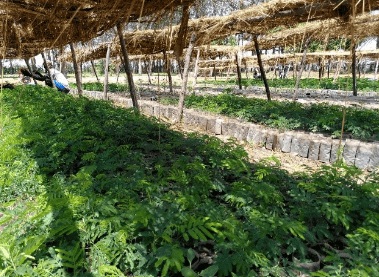
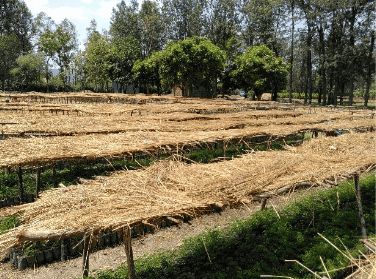
Figure 1 and 2 show a tree nursery growing seven different types of trees for afforestation in the Lake Hawassa catchment. Copyright at GIZ / Hanno Führen
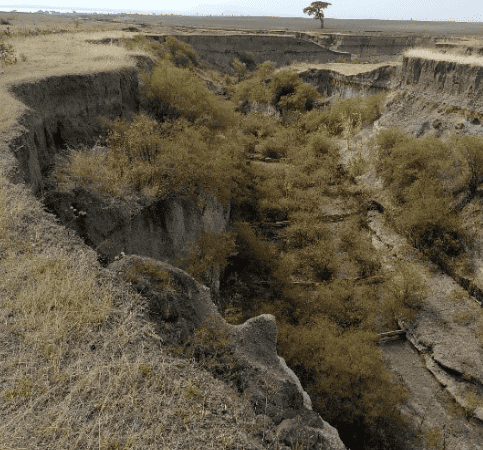
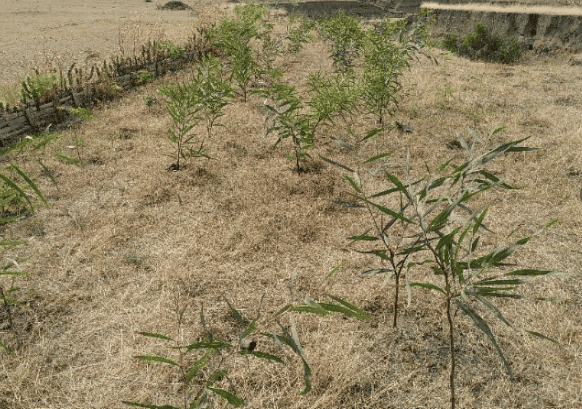
Planting Trees and Building Barriers: The Efforts of the Protecting Lake Hawassa Partnership
The harsh climate conditions and increasing periods of drought in the region call for a mix of drought-resistant trees, shrubs, and physical structures to reverse land degradation within the Lake Hawassa catchment. The Protecting Lake Hawassa Partnership is working towards this goal by planting trees and erecting physical barriers based on ecohydrology principles designed in collaboration with the local University of Hawassa.
Reversing Land Degradation: The Success of Collaborative Action
One success story of the partnership is the increasing vegetation cover of a previously completely bare gully that drains into the lake. The partnership has demonstrated that it is possible to reverse even significant land degradation by joining forces and taking action. However, reforestation techniques must always respond to the local needs and conditions.
Working with Local Communities: The Partnership’s Approach to Restoration
The partnership is working with farming communities upstream to restore bare and degraded landscapes by combining the construction of ditches to collect runoff rainwater with the planting of trees. Additionally, the community ensures that no livestock enters the protected area, allowing grass to grow and support the micro-climate needed for the trees to thrive.
Protecting the ecosystem of Lake Hawassa is an ongoing effort that requires the involvement of multiple sectors and individuals. The progress made so far by the Protecting Lake Hawassa Partnership is a testament to what can be achieved through collective action and collaboration. By planting trees, erecting physical barriers, and working with local communities, the partnership is taking steps towards reversing the land degradation and preserving the ecosystem of the lake.
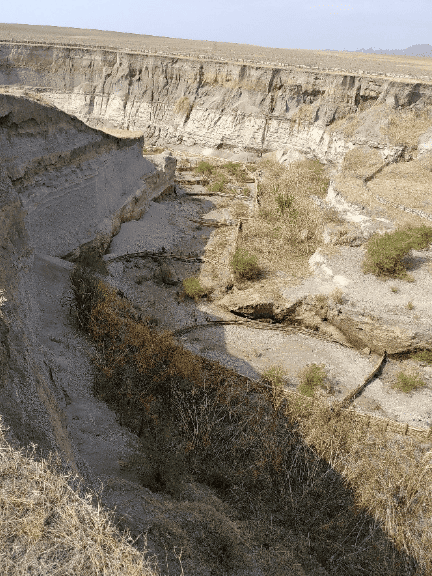
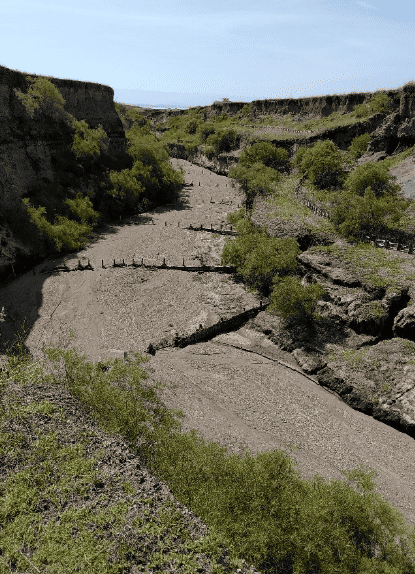
A Call to Action: Protecting Lake Hawassa for Future Generations
It is inspiring to see what can be accomplished when different sectors come together to work towards a common goal. The Protecting Lake Hawassa Partnership is setting an example for others to follow in protecting the environment and securing a sustainable future for all.
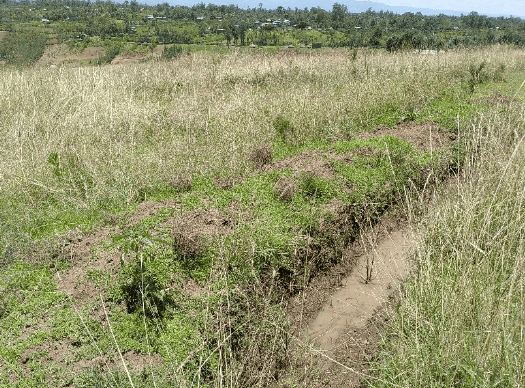
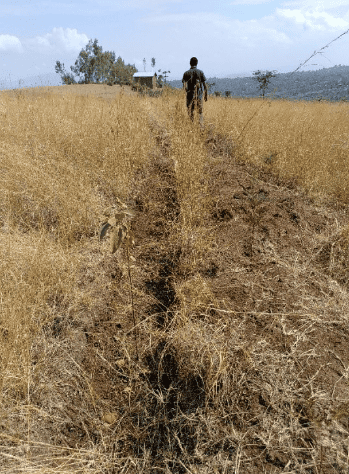
These pictures show the protection and afforestation of communal lands on the upper catchment of Lake Hawassa, with infiltration ditches and tree planting along the contour lines. Copyright at GIZ/Hanno Führen
